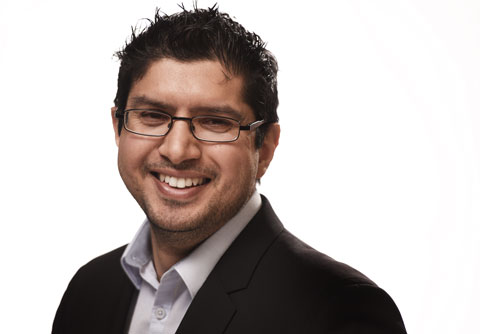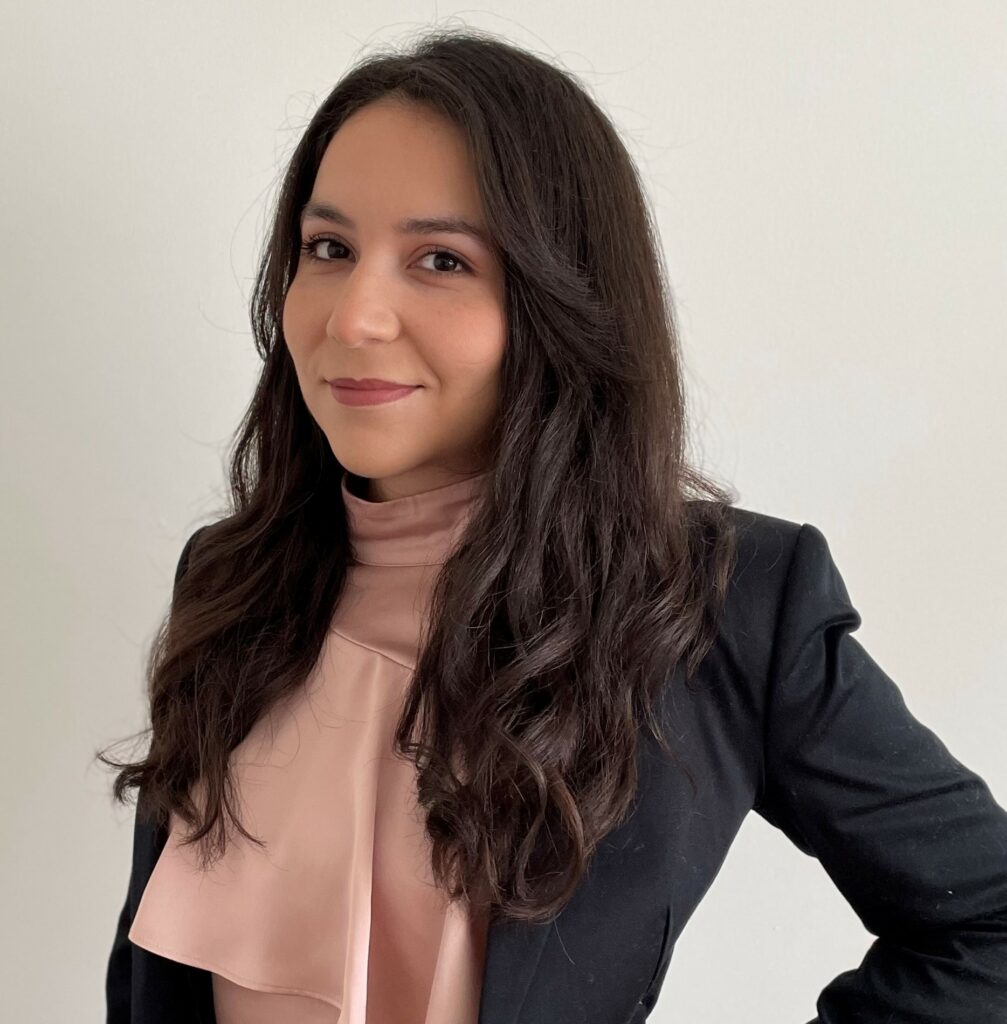
Leveraging Mobile to Achieve SDG Targets
Overview
Between now and 2030, the mobile industry will bring billions of people and things online, helping to enrich the lives of citizens around the world and deliver on the sustainable development goals (SDGs) set by the United Nations. The SDGs serve as the world’s to-do list to end poverty, reduce inequalities and tackle climate change.
This five-week course offers practical advice and case studies to help governments understand how they can harness the power of mobile in their efforts to achieve national sustainable development targets.
Course Objectives
- Gain critical insights into the impact of the mobile industry on sustainable development, including the powerful effect it has on the activities of other industries.
- Understand the policy frameworks and regulatory levers needed to maximise the impact of mobile on the implementation of national SDGs action plans.
Course Enrolment Criteria
This course is open to:
- Regulators
- Policymakers
- Representatives from academia and international organisations working on regulatory or policy issues
We cannot accept applications from individuals working in the private sector or those not involved in policy or regulation.
Course Completion Certificates
All of our courses are certified by the UK Telecoms Academy (UKTA) and can be used as evidence of professional development.
To qualify for a course completion certificate, you must view all the course sessions and answer correctly all the quiz questions you will find as you progress through the sessions. You will also need to fill out the course survey.
You do not have to complete a final project to earn a course completion certificate but we strongly encourage you to create one. Putting together a final project will give you an opportunity to reflect on the principles covered during the course and help you discover how they could be applied to your own country. If you submit a final project the course trainer will provide you with valuable feedback that you may find useful in your day-to-day work.
Course Structure and Study Time
The course consists of nine sessions and you will gain access to all of them on the course start date. You will have the opportunity to ask questions about the content of the course on the course forum.
It should not take you more than two to three hours of study time per week to complete the course in five weeks. You will have, however, eight weeks to complete it. If after eight weeks you have not completed the course, you will have to start it again the next time it is offered.
If you decide to submit a final project, it will probably take you four to six hours to put it together. You will have eight weeks to submit your final project.
If you have any special needs regarding this training course, please us let us know via our contact form so we can get in touch to discuss how your needs can be met.
Enrolment is curently not open.
Enrolment is curently not open.

